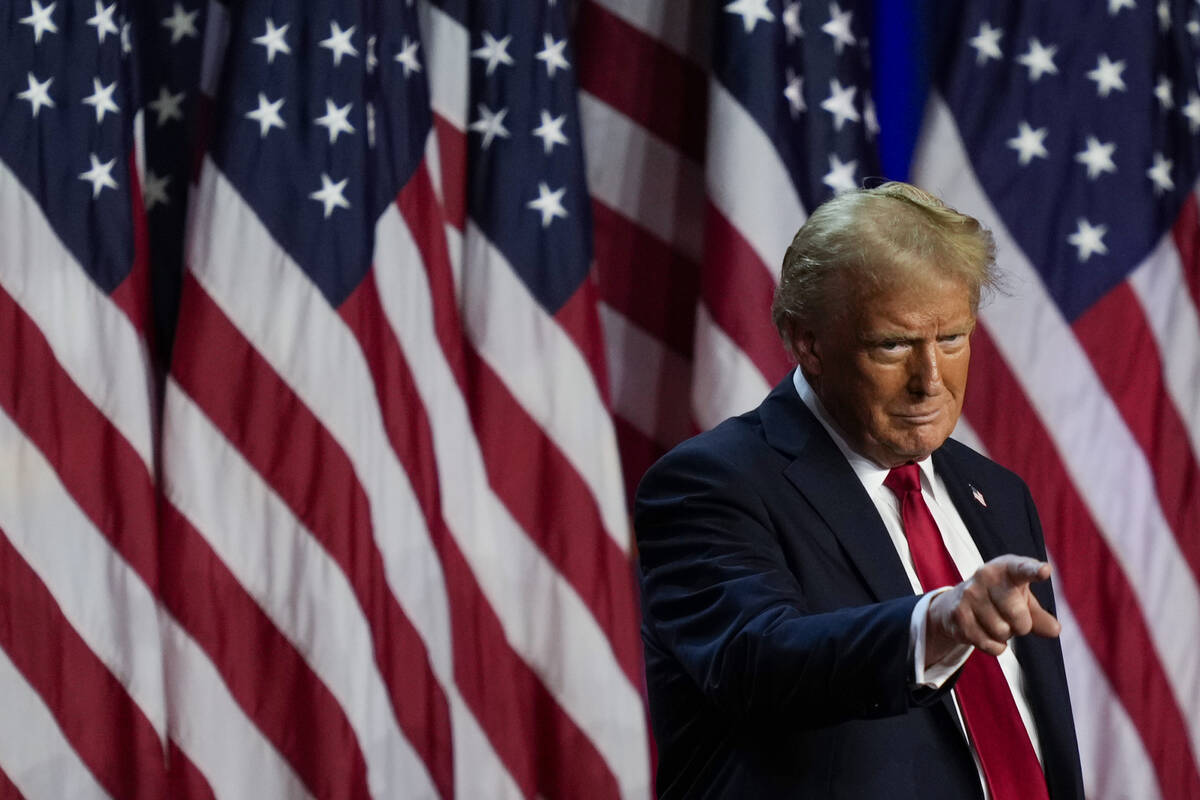Richard Bryan, a former politician known for his thoughtful approach, has recently expressed criticism of former President Donald Trump. In his commentary published in the Monday Review-Journal, Bryan’s analysis highlights several key issues but overlooks a significant factor: the role of the Democratic Party in shaping the political environment that facilitated Trump’s rise.
In his critique, Bryan points to various controversies that have surrounded Trump’s presidency and his political career. He mentions the Russia-gate scandal, the handling of the COVID-19 pandemic, and the perceived drift of the Democratic Party towards socialism and communism. Bryan also addresses the contentious issue of transgender athletes competing in women’s sports, alongside the economic challenges the nation has faced, such as rising inflation and an increasing national debt.
These factors, Bryan argues, have contributed to Trump’s successful bid for a second presidential term. He contends that the Democratic Party’s policies and actions have shaped public sentiment in a way that allowed Trump’s return to prominence.
Key Issues in the Current Political Climate
Bryan’s critique underscores a growing sentiment among some political analysts who believe that the Democratic Party’s internal conflicts and external challenges have inadvertently strengthened Trump’s political base. The former president’s ability to rally support, particularly in light of economic struggles, positions him as a formidable candidate for the upcoming elections.
The discussion surrounding inflation is particularly pressing. With inflation rates soaring to levels not seen in decades, many voters are expressing dissatisfaction with the current administration’s economic policies. Bryan suggests that such discontent fuels Trump’s narrative and appeals to voters seeking change.
Additionally, the national debt has reached unprecedented heights, which critics argue reflects poorly on Democratic leadership. The growing concern over fiscal responsibility is also a key issue that Trump has leveraged in his campaign messaging.
The controversies surrounding the Democratic Party’s stance on social issues, particularly regarding women’s sports, have also drawn attention. Many voters are divided on the inclusion of transgender athletes in competitive sports, which has become a flashpoint in national discussions about equity and fairness.
The Political Landscape Ahead
As the political landscape evolves, Bryan’s critique serves as a reminder of the complex interplay between party actions and electoral outcomes. The upcoming elections will likely be influenced by these ongoing debates and the lingering effects of past administrations’ policies.
The dynamics of Trump’s political resurgence illustrate the challenges facing the Democratic Party. With upcoming elections on the horizon, the party must navigate these contentious issues while attempting to re-engage voters who may feel disillusioned.
In summary, Richard Bryan’s reflections bring to light significant factors influencing the current political discourse. His assertion that the Democratic Party has played a role in creating the conditions for Trump’s success invites further examination of how political narratives are shaped and the implications they hold for future elections.
